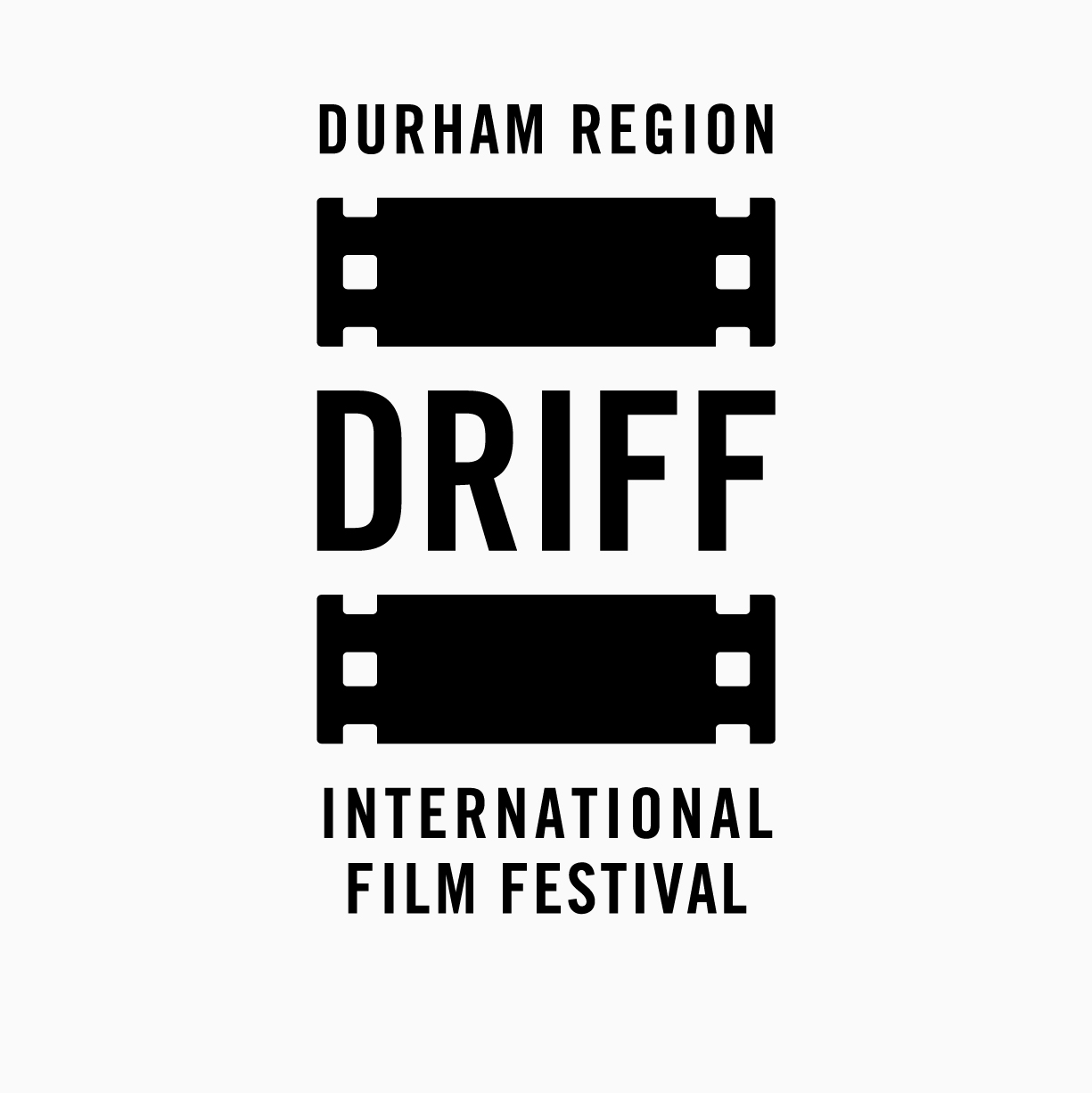Behind the Scenes with a Cinematographer
Lee Foster, Cinematographer
Ever wondered what it would be like working in the film industry? From pre- to post-production, there is something for everyone on set, in the edit suite, and beyond. Behind the Scenes brings you into the heart of the media arts industry, introducing you to career paths you may have never considered before or thought possible.
Behind the Scenes with a Cinematographer
A Director of Photography, or what we commonly refer to as a Cinematographer, is the craftsman who translates a director’s vision onto our screens; through the art of lighting, composition and camera-work.
We had the chance to speak to Lee Foster, an award-winning producer and cinematographer, about his experience as one. Lee attended the University of Toronto, where he discovered his love for filmmaking, and began his own independent production company, Foster Films Canada. His love for filmmaking can also be traced back to his time with his grandfather, who always loved movies. One of Lee’s earliest memories includes the time he spent with him; looking through his meticulously organized blue book that contained a listing of all his VHS tapes, and where in his library you could find them. Whilst going through the book, his grandfather would always explain what each movie was about. Since then, Lee has had his work screened and awarded at festivals such as Cyprus International, Austin Revolution and Tokyo Film Festival.
As a cinematographer, Lee says, “There’s a certain creativity required to have things look the way you imagine. When people think of a cinematographer, they think of having many tools at their disposal. Realistically, especially when starting out, you’re going to have to be very creative on how you’re going to make things work.”
Cinematography, like every role on a set, is a team effort. A cinematographer needs a script, a 1st AC (Assistant Camera) and a grip amongst others. Lee says we don’t often recognise how much of a team sport it actually is. However, when starting out, Lee encourages aspiring cinematographers to try new things with each camera they handle (on their own or with others), despite the apprehension that may come with it. He also says, “When you’re financing your first film, everyone makes the same mistake. They put all their money into financing a killer camera, and then they don’t have good lights, and good mics…”. The results of proper lighting are always clear. While it is important to try to master various cameras, the same should be done with lighting options.
Along the lines of practice, Lee also advises that the first time trying to recreate anything should not be done on set. Consistent practice in your personal spaces is extremely important, as there is no time to figure it out on set.
Watching films one loves, and taking screenshots of scenes that look good to deconstruct them after the fact, is one way for those starting out to begin their practice. Lee also says that YouTube is a great resource to learn from, as well as from your peers. Embarrassment should not get in the way of asking questions that could help sharpen your skills.
Ultimately, according to Lee, a good cinematographer is collaborative, knows what they’re seeking, and is creative enough to come up with solutions.
Thank you to Lee Foster for sharing his vast array of knowledge, experience, and advice with us here at DRIFF.
-
Taffi Aricha is an emerging writer, director and digital marketer based in Toronto.
-
Want to become part of a local film community or attend a film festival near you? The Durham Region International Film Festival’s events include an annual fall film festival in Durham Region, summer drive-in movie screenings in Whitby and DRIFF in a Jiff short film screenings in Oshawa. Visit driff.ca, become a DRIFF insider or follow us on social media at @catchthedriff for all the details.

